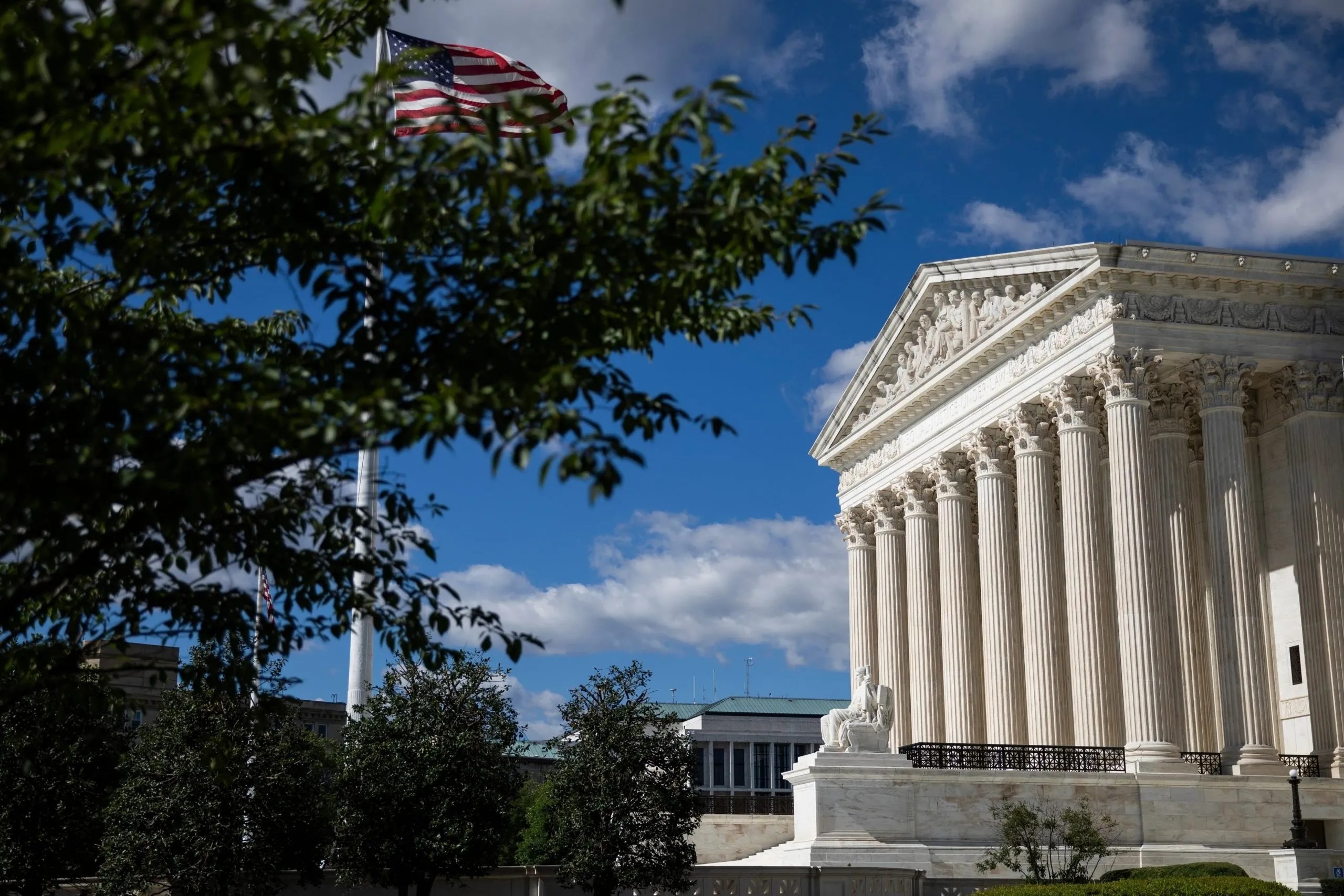Court rules that e-cigarette retailers can seek judicial review in the 5th Circuit


The Supreme Court ruled on Friday that a challenge by retailers to the Food and Drug Administration’s denial of an application by R.J. Reynolds Vapor to market e-cigarettes can go forward in the U.S. Court of Appeals for the 5th Circuit, based in Louisiana. By a vote of 7-2, the justices ruled that retailers in Texas and Mississippi that sell RJR Vapor’s e-cigarette products have a legal right to seek judicial review of the FDA’s denial. R.J. Reynolds Vapor, which is based in North Carolina, joined that lawsuit in the U.S. Court of Appeals for the 5th Circuit, where the retailers are based.
Under the Family Smoking Prevention and Tobacco Control Act, “any person adversely affected” by the FDA’s denial of a request to market a new tobacco product can “file a petition for judicial review” of that denial “with the United States Court of Appeals for the District of Columbia or for the circuit in which such person resides or has their principal place of business.” For RJR Vapor, this would mean filing its petition in either the D.C. Circuit or in the U.S. Court of Appeals for the 4th Circuit, which includes North Carolina. But that court of appeals had already turned down other challenges to the FDA’s rejections of applications to sell e-cigarette products, so RJR Vapor went instead to the 5th Circuit, joined by Avail Vapor, a Texas retailer that sells its products, and by a trade association for gas stations and convenience stores in Mississippi that sell its products.
The FDA asked the 5th Circuit to transfer the case to the D.C. Circuit. By a vote of 2-1, it declined to do so, with the majority explaining that the trade association and Avail Vapor both were in the 5th Circuit and were “adversely affected by” the FDA’s denial because they said that they would go out of business if the denial was not overturned.
On Friday, the Supreme Court upheld that transfer decision, in an opinion by Justice Amy Coney Barrett, and sent the case back to the court of appeals.
Writing for the majority, Barrett explained that plaintiffs can only rely on a statute to bring a lawsuit when they fall within the “‘zone of interests’ that the statute protects” – that is, they belong “to the class of persons to whom the statute grants a right to sue.” The Family Smoking Prevention and Tobacco Control Act, Barrett continued, gives that right to anyone who is “adversely affected” by the FDA’s denial of an application. And the Supreme Court, Barrett observed, has interpreted the phrase “‘adversely affected’ broadly, as covering anyone even ‘arguably within the ‘zone of interests to be protected or regulated by’” the law at issue.
In this case, Barrett wrote, the trade association and Avail Vapor “fit the bill. If the FDA denies an application, the retailers, like the manufacturer, lose the opportunity to profit from the sale of the new tobacco product—or, if they sell the product anyway, risk imprisonment and other sanctions.” In light of this “significant, direct impact on retailers,” she concluded, they are “adversely affected” by the FDA’s denial of RJR Vapor’s application and therefore can seek judicial review in the 5th Circuit.
The majority declined to decide whether, as the FDA had argued, RJR Vapor must be able to file in the 5th Circuit independently even if the retailers have a right to file there. The FDA did not make that argument in the lower court, Barrett emphasized, and no court has ever decided it. “Prudence counsels,” she said, waiting for another case “in which the issue was fully litigated below,” “because anything we say about” the tobacco law’s “venue provisions would inevitably inform debates about similar statutes,” including the general law governing where lawsuits against the federal government should be filed.
Justice Ketanji Brown Jackson filed a dissenting opinion that was joined by Justice Sonia Sotomayor. In her view, the majority’s ruling “essentially nullifies the zone-of-interest test by reducing it to the near-meaningless proposition that anyone affected, or even arguably affected, by the FDA’s marketing denial can sue.” In reality, she contended, nothing in the law “suggests that Congress meant to authorize retailers to sue to challenge the FDA’s denial of a manufacturer’s marketing application, much less bring that legal challenge in a venue that is otherwise unavailable.”
Posted in Merits Cases
Cases: Food and Drug Administration v. R.J. Reynolds Vapor Co.